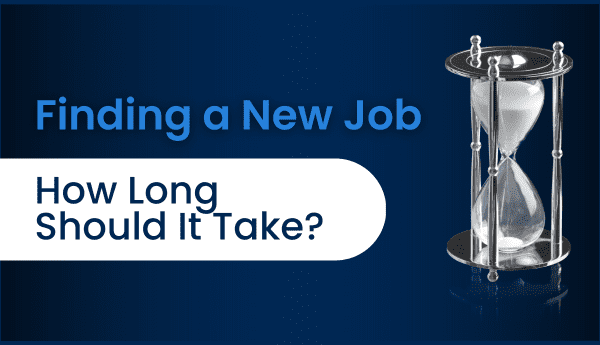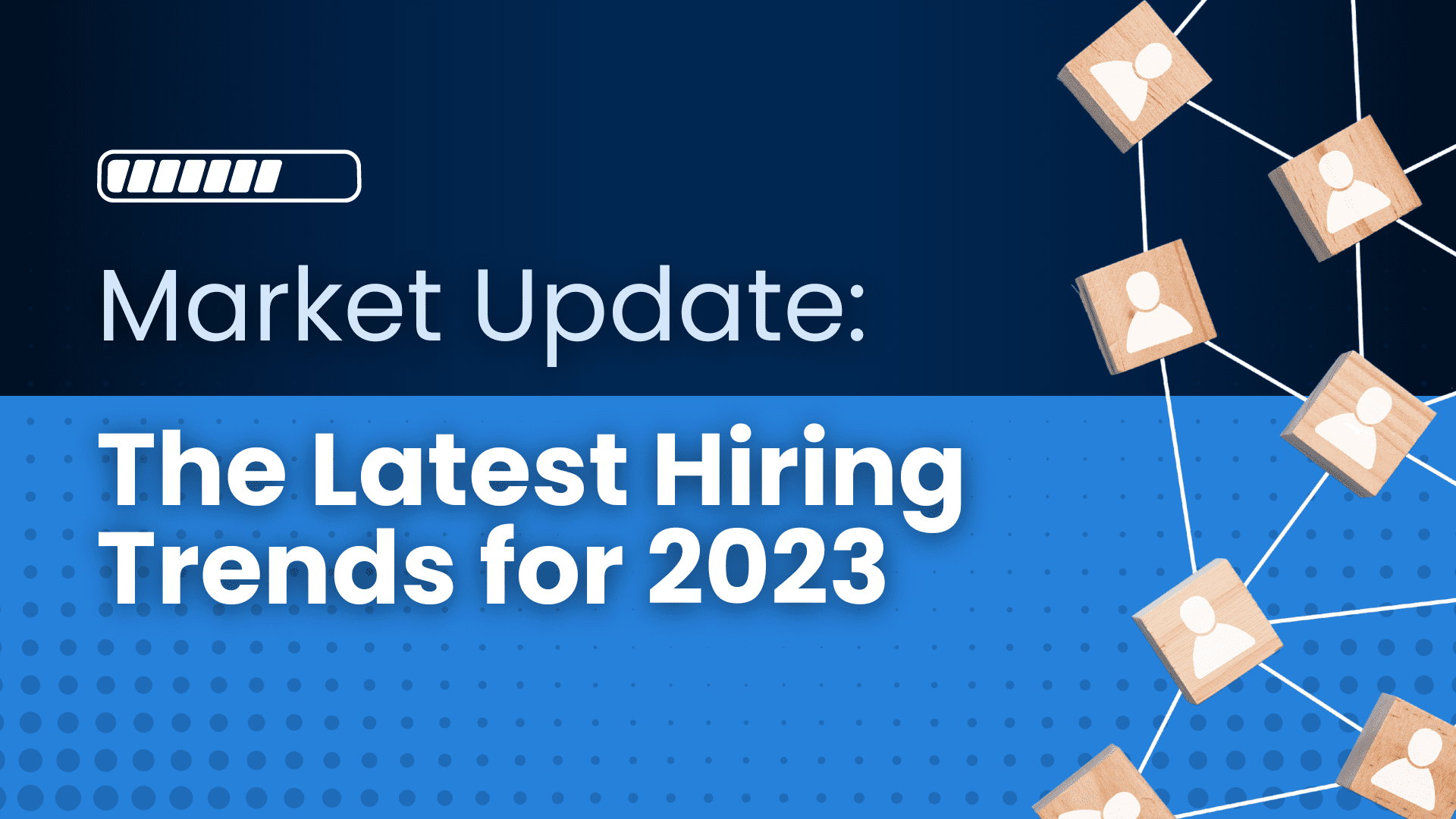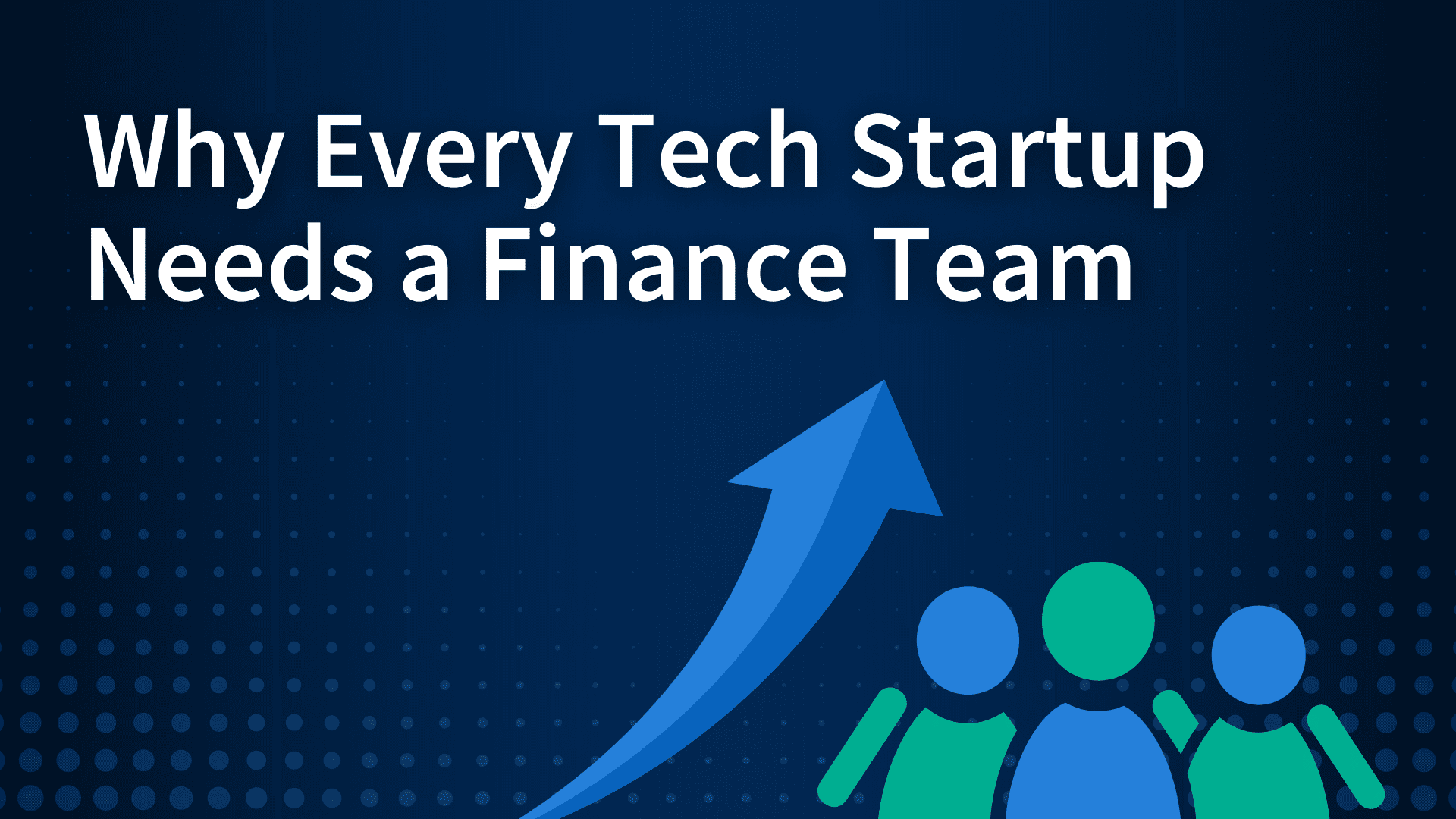They say that good fortune comes to those who wait. Okay, but how long should you have to wait? How long does it take to find an accounting job?
“Patience,” Chaucer famously wrote, “is a virtue.” It’s obvious that the great English poet never had to conduct a job search. After all, no one who’s had to suffer through a job hunt – who’s waited by the phone, on tenterhooks, for a voicemail to be returned, or regularly refreshed their email inbox in the hopes of receiving a call-in for an interview – would sing the praises of “patience.”
Let’s face it: Chaucer’s maxim is not one most of us live by today. And it’s certainly not one we pay much mind to when we’re trying to find an accounting job. Ideally, we would like the whole thing to be done yesterday – not next week, and certainly not three months from now!
While some lucky people find a position right away and are fortunate enough to wonder what all the fuss is about, most jobseekers have to wait it out for some length of time. Unfortunately, things don’t always happen according to the schedule we want or expect them to. To help you, as a candidate, prepare for your time on the job market, we’ve put together a list of factors that will determine how long it takes for you to find a job, as well as the things you can do to shorten that duration.
What’s the timeline to find an accounting job?
Define the role
Whether you’re a seasoned veteran or a rookie, you need to determine exactly what type of role you’re looking for to better grasp how long it will take to find an accounting job. After all, if you don’t know what you want, how can you possibly find it?
If you’re unhappy in your current position and you’re looking to leave, take some time to isolate the reasons why. Is it the industry you’re in? Do you think you’d be happier in another one? Or perhaps you need more creativity, independence, and flexibility than you currently enjoy?
While some lucky people find a position right away and are fortunate enough to wonder what all the fuss is about, most jobseekers have to wait it out for some length of time.
Even if you’re fresh out of school and you’re looking to land your first accounting job, the same questions apply. Ask yourself: what are your passions? Is there a way to marry them to the world of work? How do you like to be managed? Do you need autonomy? Or would you prefer a more traditional, top-down approach? Figuring out the kinds of positions that are ideal for your personal interests and temperament will expedite your search and reduce the amount of time you waste chasing jobs that aren’t suited for you anyways.
Understand the market
The competition can be quite fierce, even for entry-level accounting jobs. If you’re a first-time accounting jobseeker, you can make yourself more marketable by choosing a program that offers a co-op component. Prospective employers favour graduates with co-op experience; it demonstrates that they can succeed in the real world.
If you’re a more senior accounting candidate, it may be even more challenging for you to quickly find an appropriate role. Think of it as a pyramid: entry-level accountants are located at the base of the pyramid, while the more senior roles are stationed at the top. For every additional $10,000 in your annual salary, budget another month for your job search.
Be aware of in-demand accounting jobs
Depending on the state of the job market, some accounting jobs may be in greater demand than others. For example, private equity associate or analyst positions are always hot commodities. Working as an associate or an analyst in private equity is one of the most in-demand jobs for people graduating from a business or accounting and finance program.
Similarly, experienced accountants often want to make the transition from accounting to analysis, making this a high demand sector. There is a positive side to this demand: because many people are switching jobs very quickly in accounting and analysis, headhunters and internal recruitment teams are often searching for candidates to fill these roles.
Figuring out the kinds of positions that are ideal for your personal interests and temperament will expedite your search and reduce the amount of time you waste chasing jobs that aren’t suited for you anyways.
Know the average waiting times
Here is a guideline as to how long it could take you to find an accounting job:
a) Intermediate or senior accountant: 3 months
b) Manager: 4 to 6 months
c) Director: 6 to 12 months
d) VP/CFO: 18 months
Remember – these are rough estimates. As always, your mileage may vary. That said, if you go into this process with the right frame of mind and budget your time (and money) accordingly, you can afford to wait for the right opportunity to come along.
Increase your marketability
If you don’t already have your accounting designation, working towards it is one way to significantly increase your marketability and expedite your search for an accounting job. Completing that milestone – one that not everyone has under their belts – will give you a leg up on the competition and make you a more compelling and credible accounting candidate. When there are others competing to find an accounting job, your CPA designation could help you stand out from the rest.
It’s an inevitable truth: your job search will almost certainly take longer than you think it will. This isn’t to say, of course, that you can’t land your ideal job relatively quickly. It’s better, though, to plan around a longer timeline. As a candidate, it’s important that you understand your market, your skills, and your weaknesses (and realize that you’re more marketable with an accounting designation behind your name). Embrace the process, stay patient, and focus on your goal – a job that you enjoy, in a company that makes you feel valued!
Let us know what you think! At Clarity Recruitment, we’re always interested in hearing from accounting and finance professionals like yourselves, who are ready for new, exciting opportunities that can take their careers to the next level. And be sure to follow us on LinkedIn for more great tips and advice!




